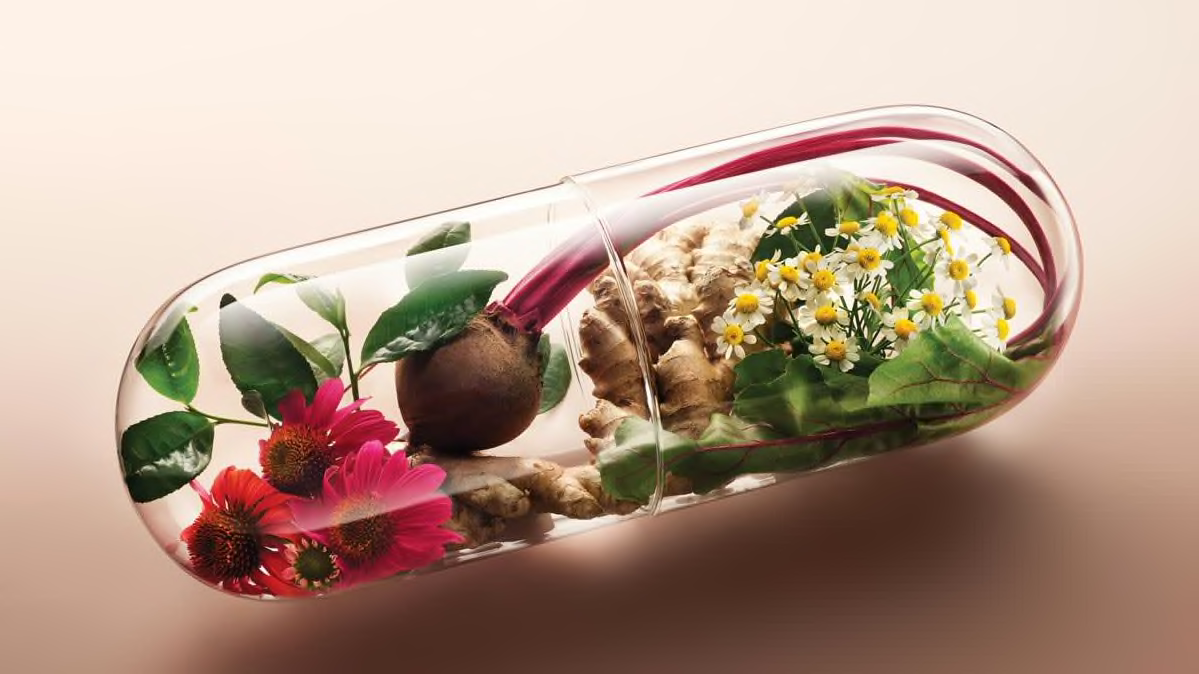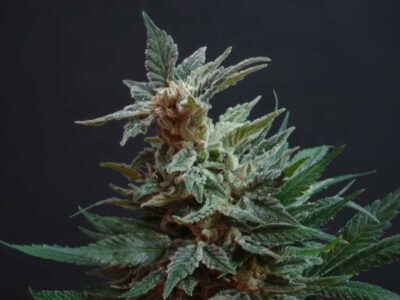Plant-drug combinations sometimes make explosive cocktails. Here’s how and why you have to be careful when mixing them.
The Requirement
Should we be afraid to take sweetclover when we are cardiac? Does a eucalyptus tea alter blood sugar levels? It must be known, plant and drug combinations are far from innocuous. And both approaches are not always easy to combine. Depending on the dose, they may have unintended consequences on health, but the quantity is not solely responsible. With the iherb promo code Singapore you can have the best deal now.
Doctors prefer to ward off these risks by discouraging their patients from using plants. They also have another good reason to be uncomfortable: the documented references to these questions are almost non-existent. Fortunately, the experience of naturopaths and herbalists is rich in lessons. This is why we wanted to take stock of the contraindications, precautions, or even side effects known to date. But, beyond these tips, it seems important to us not to lose sight of our priorities in terms of health choices. Thus, plants are often presented as responsible for interference; however, only drug interactions result in 8,000 deaths per year according to the Ministry of Health. Plants are much less harmful because they naturally fall within the precept of Hippocrates: “first do no harm”.
Chahut on the cardiovascular system
Plants that can disrupt the action of anticoagulant drugs are quite well known. Sweetclover or asbestos, for example, can interact with a molecule such as warfarin found in many drugs intended to thin the blood. They amplify the effect of it. Conversely, other plants have an inhibitory effect of warfarin: this is the case of the Chinese angelica root (dong quai), borage oil, evening primrose oil, queen-meadows, ginkgo, garlic. With 아이허브프로모션코드 you can have the best deal now.
- Some herbs may have an inhibitory effect on platelet aggregation. Of course, the plants mentioned above are concerned but we must also mention blueberry, ginger, ginseng, reishi and turmeric.
- Finally, many plants lower or raise blood pressure significantly. Among those that lower the tension, we find in the first rank garlic and hawthorn but also the olive leaf. Naturally, they will be in opposition to drugs that will seek to have a hypertensive effect. Liquorice, mate, ginseng or yohimbe have the opposite effect.
The Essential Deals
For those who are treated for cholesterol, beware of red yeast rice. This product, derived from a microscopic mushroom raised on rice, is an excellent cholesterol-lowering agent. Its regular intake dramatically lowers LDL and triglyceride levels. But its effects add to those of drugs lowering cholesterol levels, as well as those of anticoagulant drugs. Red rice yeast is also suspected to exacerbate the effects of other drugs that may cause myopathy,ketoconal (antifungal), ciclosporin (immunosuppressant), fibrates and gemfibrozil (lipid-lowering agents), nefazodone (antidepressant) and protease inhibitors ( used in the context of anti-HIV therapies).
Nervous interactions
Antidepressant drugs are part of a highly specialized and complex molecular medicine. When plants will have interference with these drugs that are powerful, it will not be trivial. Conversely, there are also powerful plants that can oppose these drugs, especially in the context of depression.
Finally, kava, powerful relaxant of the nervous system (very fashionable although banned in Europe because it would be toxic to the liver) must be the subject of great attention, it interferes with all the drugs that act on the system central nervous system, including antidepressants and neuroleptics. As for cannabis, sometimes used under the mantle, you must know that it is also a disrupter for all these drugs.












Comments